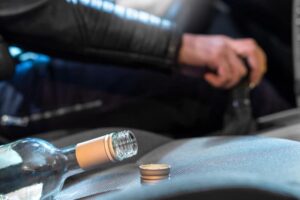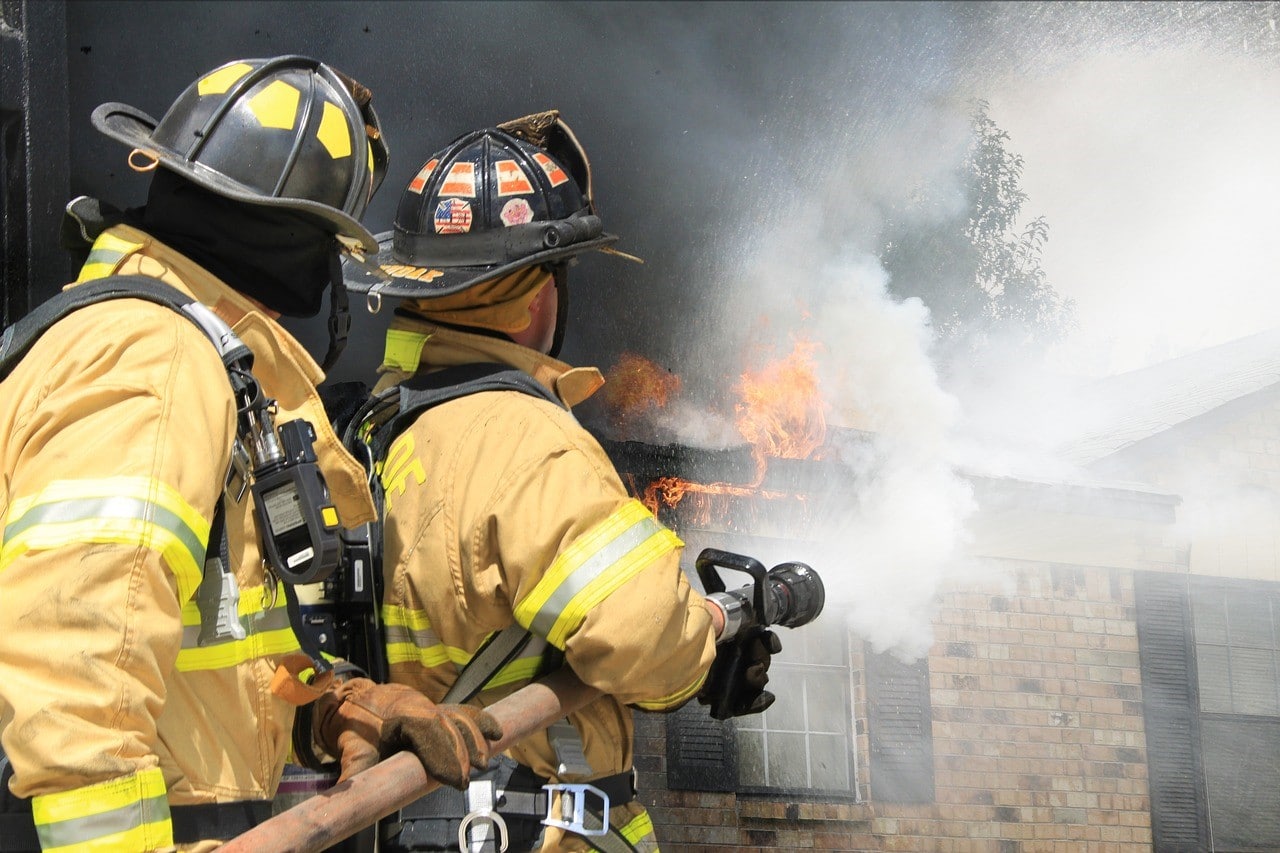
It’s a well-known fact that first responders—like firefighters, emergency medical technicians (EMTs) and police officers—suffer much higher rates of Substance Use Disorder (SUD) than the general population. Despite the prevalence of the disease among first responders, myths about addiction and treatment for those on the front lines of emergency response persist.
At Transitions Recovery Program, we specialize in culturally appropriate treatment for first responders. By focusing on the underlying causes of the disease in first responders, we get to the root cause of addiction in this special population, starting with their vital—yet stressful—occupation.
Today, let’s look at 5 myths you probably still believe about addiction and treatment for first responders. Suspend your assumptions, reserve your judgement, and let’s look at the facts behind this serious problem for our nation’s MVPs.
Drug Rehab Myth #1: All First Responders Abuse Drugs or Alcohol
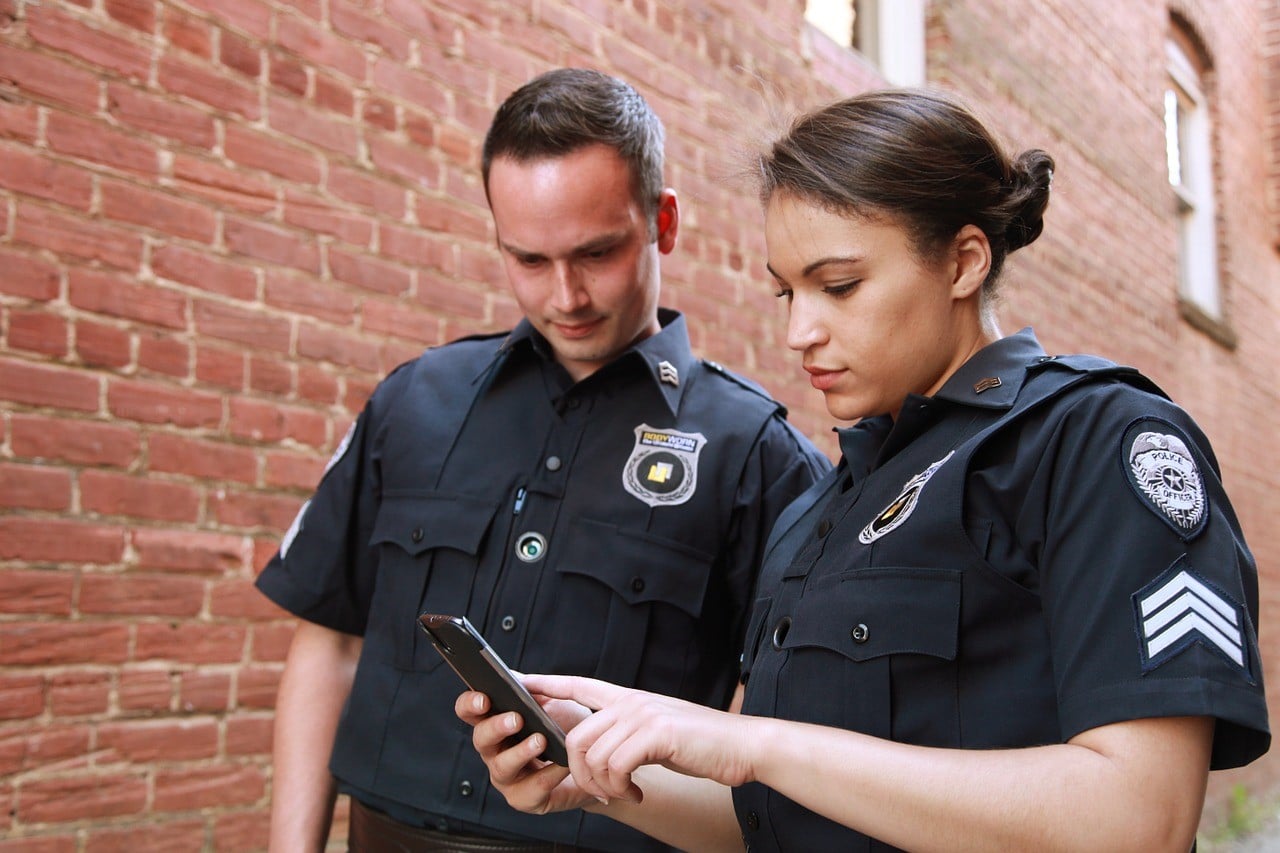
Because substance use is so common among police, firefighters, and EMTs, many think that all first responders must abuse drugs or alcohol. While substance use is more common among first responders than it is in the general population, the majority of first responders don’t actually abuse substances. Here’s what we know about substance abuse in first responders broken down by profession.
Police Officers
In one large study of urban police officers, 18.1% of all male officers and 15.9% of all female officers reported experiencing adverse consequences (such as DUIs, relationship friction, and money woes) from alcohol use. 7.8% of all police officers met the criteria for alcohol dependence in the study.
Firefighters
Binge drinking is common among firefighters. One study of 656 firefighters showed that 58% of career and 40% of volunteer firefighters imbibed three or more alcoholic beverages in one sitting. Between 9% and 10% of volunteer firefighters in the study self-reported driving while intoxicated within the last 30 days.
EMTs
Emergency medical services personnel have one of the highest rates of Substance Use Disorder among first responders. In one study, 40% of EMTs reported high-risk drug and alcohol use. Nearly all (80-100%) reported exposure to traumatic events.
Drug Rehab Myth #2: First Responders Have to Drink or Use To be a Part of the Team
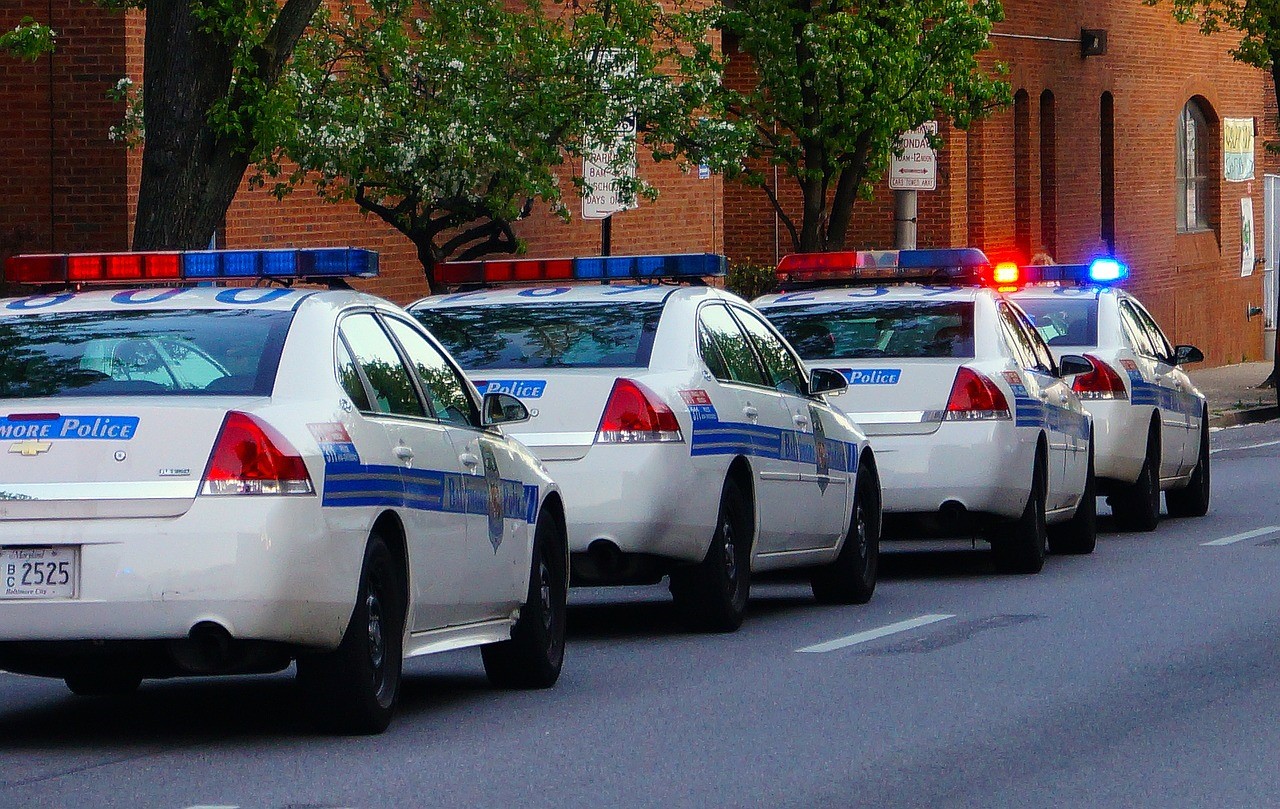
First responders are a rare breed with a unique culture. The pressure to be perfect and have a solution to every problem is strong in a first responder’s world. Police and firefighters, in particular, are steeped in “macho” culture where the pressure to fit in and “be one of the boys” often means nights of risky binge drinking behavior.
While that may be true, getting sober doesn’t mean losing your first responder identity. There is a strong network of sober first responders in recovery who demonstrate what true strength, grit, and determination means. Drinking or using to fit in with the culture at work is never worth it.
A rehab program that specializes in treatment of first responders is a great option for those who are concerned about losing an important piece of their professional identity in sobriety. Getting sober with other first responders can be a powerful, game-changing experience.
Drug Rehab Myth #3: First Responders Have No Reason to Abuse Drugs or Alcohol
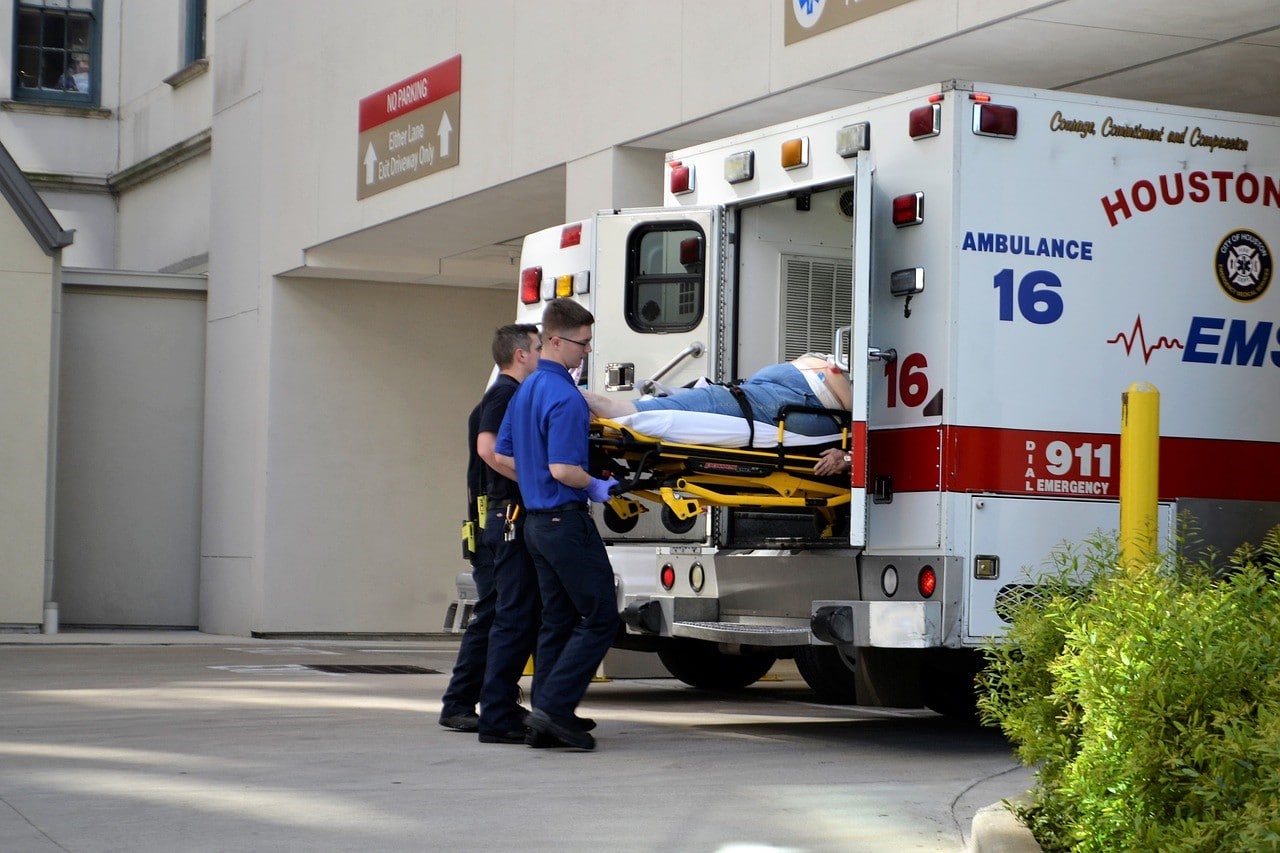
To civilians, first responders are heroes: they save people’s lives, they are respected in the community, and they do important, celebrated work. For these reasons, civilians see first responders as community VIPs. It’s assumed first responders must feel proud, contented, and satisfied with their service to the community and the way they are perceived in the public eye.
The truth is, first responders see some of the darkest, most traumatic scenes life has to offer. First responders are exposed to death, graphic accidents, tragedies, drug use, and mental illness at a much higher rate than the general population. Instances of PTSD, burnout, compassion fatigue, and vicarious trauma are overrepresented in the first responder community. These conditions hijack the adrenal system, causing hypervigilance, depression, anxiety, panic attacks, and/or social isolation.
Many first responders self-medicate for these symptoms with drugs and/or alcohol, opening the door to Substance Use Disorder.
Drug Rehab Myth #4: First Responders Who Can’t Stop Using Drugs or Alcohol are Weak or Immoral
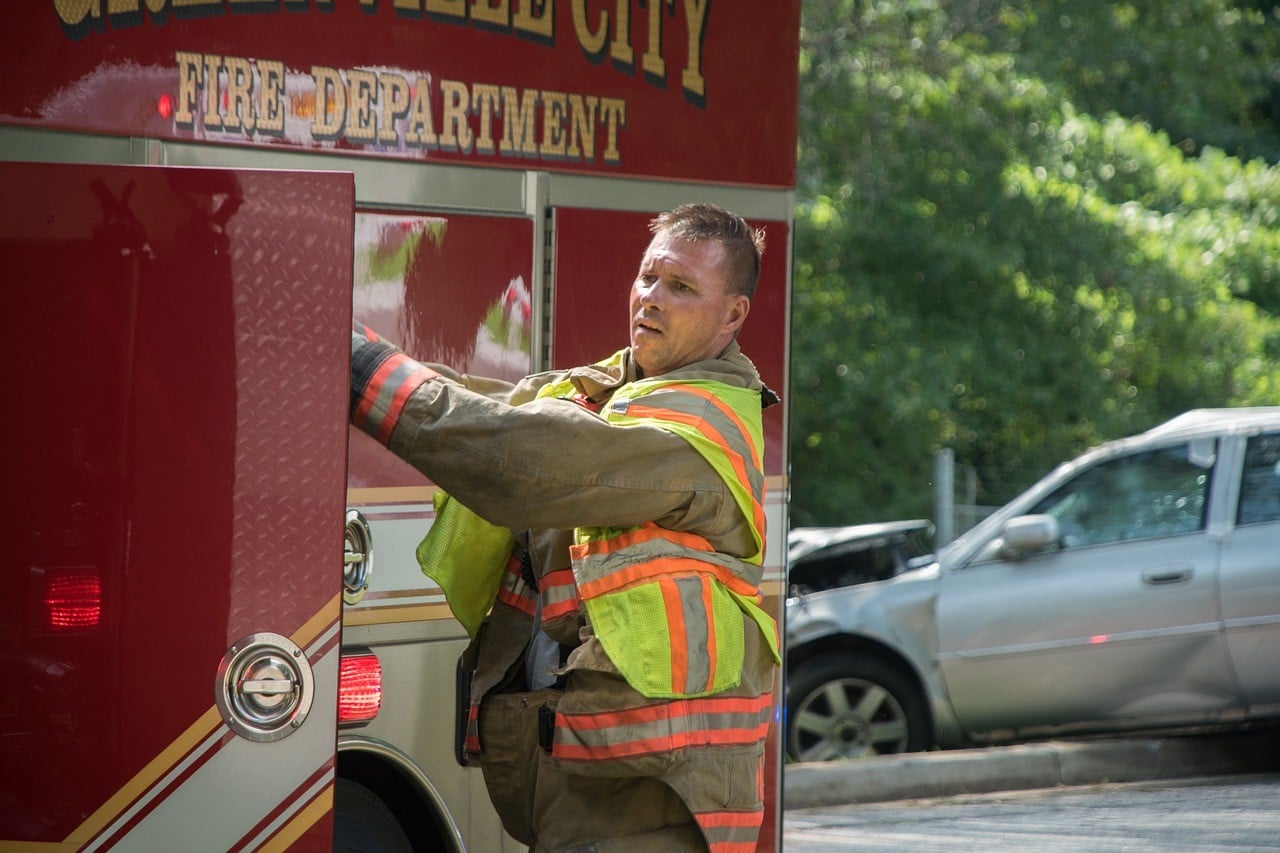
There’s a common misunderstanding among the general population that SUD is a personal moral failing. The thinking goes that if the first responder just wasn’t so lazy, indulgent, neglectful, or frivolous that they could get their drinking or drug use “under control” and things could go back to normal.
Study after study has shown that the “personal failing” model of addiction doesn’t hold water. Nearly all substance abuse treatment professionals agree that addiction is a disease. The condition has biological, psychological, and social dimensions like a disease, it follows a disease progression model like a disease, and it responds to treatment like a disease—because it is a disease. The first responder suffering from addiction is a patient, not a perpetrator. First responders struggling with addiction deserve treatment, not judgement.
Drug Rehab Myth #5: First Responders Have to Hit Rock Bottom to Get Better
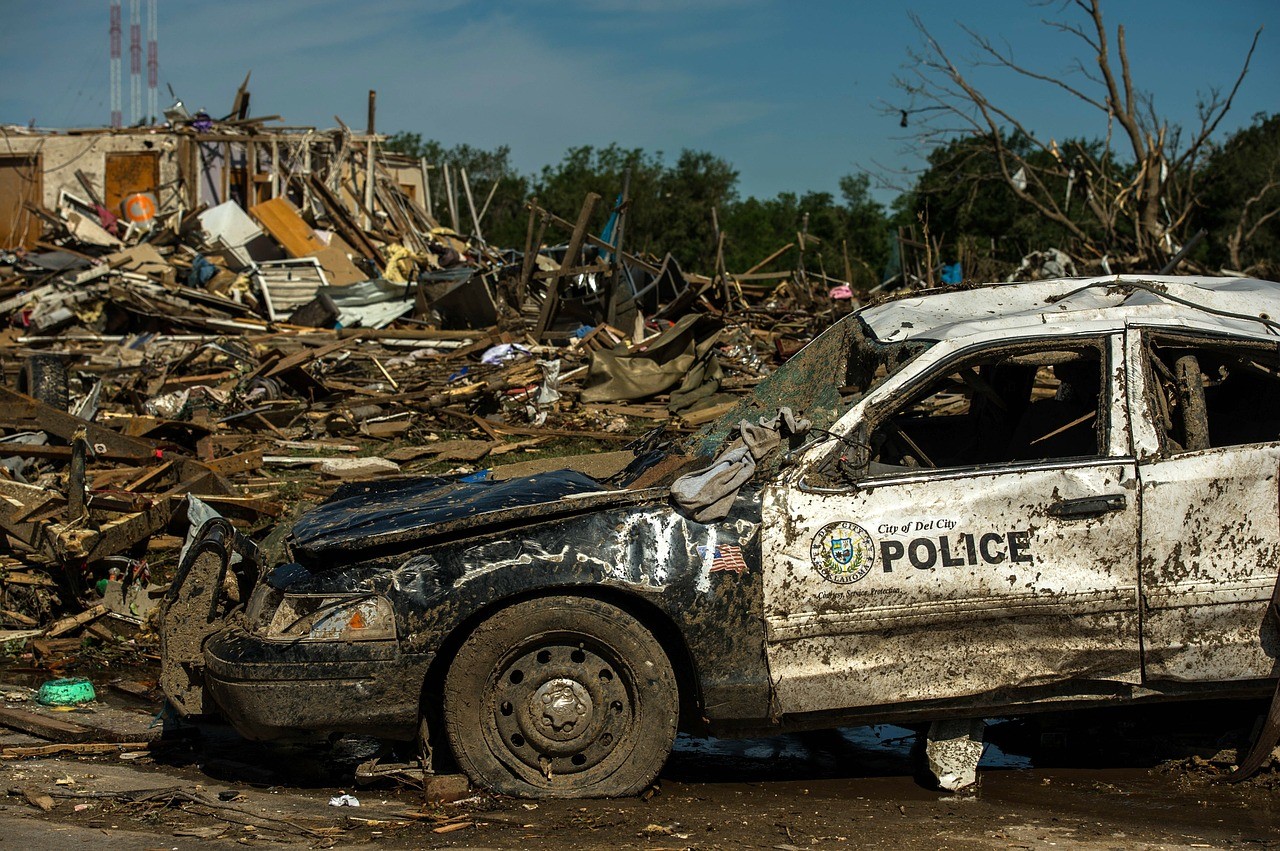
First responders are accustomed to being in difficult—some might say impossible—situations. We depend on them because they keep going when most of us would give up.
The same is true in patterns of first responder substance abuse. Most first responders are high functioning addicts, meaning they continue to excel at work, participate in family life, and maintain a social schedule all while abusing drugs or alcohol. Sometimes those closest to them will miss the signs of addiction because the first responder hides the problem so well under a veneer of steadfast capability. The high functioning first responder suffering from SUD won’t miss work or collect DUIs. Instead, they’ll continue working hard and “towing the line” as their disease progresses.
Many times a high functioning first responder with a substance abuse problem will delay seeking treatment because they believe they haven’t “hit rock bottom” yet. A sense of service and selflessness means that first responders sometimes feel that if things aren’t “really bad” then they don’t deserve help or attention for their condition. Too often first responders are more comfortable helping others than receiving help themselves. Waiting to seek treatment is always a mistake. First responders, like anyone seeking treatment for substance abuse, will have better treatment outcomes the sooner they get help.
Get the Right Help for First Responder Addiction Treatment
At Transitions Recovery Program, we specialize in treating first responders dealing with PTSD and other forms of vicarious trauma. Getting to the root causes of SUD and securing simultaneous treatment for SUD along with any underlying mental health concerns results in a longer lasting, more fulfilling recovery.
Why not reach out today at 800-626-1980 to learn more about our program and why it’s a great fit for first responders.
This content was written by addiction treatment counselor Erin Gilday.









